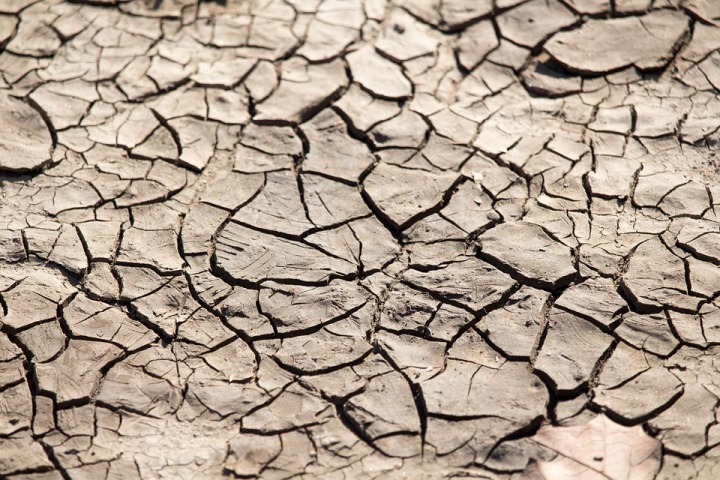Drought major obstacle in mitigating climate change: UNCCD

- Country:
- India
Drought is a villain which must be fought to mitigate climate change, said the environmentalists at the 14th conference on land desertification. Speaking at the COP 14 to the UN Convention to Combat Desertification (UNCCD) where high level panelists observed Drought Preparedness Day, UNCCD Executive Secretary Ibrahim Thiaw said drought was a major obstacle in achieving sustainable development goals.
"Drought is a major obstacle to achieving sustainable development goal-15. We need to move faster in our fight against drought. Let us dust this villain, and mitigate climate change”, said Thiaw in his opening remarks at the Drought Preparedness Day. The Sustainable Development Goals (SDGs), also known as the Global Goals, were adopted by all United Nations Member States in 2015 as a universal call to action to end poverty, protect the planet and ensure that all people enjoy peace and prosperity by 2030.
The 17 SDGs are integrated—that is, action in one area will affect outcomes in others, and that development must balance social, economic and environmental sustainability. The SDG-15 refers to protecting, restoring and promoting sustainable use of terrestrial ecosystems, sustainably manage forests, combat desertification, and halt and reverse land degradation and halt biodiversity loss.
The UNCCD secretariat dedicated the day of the ongoing COP14 to the theme of drought to present and discuss the success and challenges of the current tools, methodologies and policies supporting drought preparedness, across the globe. The Drought Preparedness Day was co-organized by UNCCD, The Food and Agriculture Organization of the United Nations (FAO), The Global Water Partnership (GWP) and The World Meteorological Organization (WMO).
Rene Castro, Assistant Director- General, Climate, Biodiversity, Land and Water Department, FAO, emphasised on the need to shift from a reactive mind-set to a proactive one. "We need to prepare, predict, plan together to stop drought becoming famine. One actor alone cannot achieve this. We need to work together across countries, UN-agencies, NGOs, academia, indigenous and local communities, private sector, including family farmers and more,” Castro said.
The event was a special call on the importance of gender-responsive drought impact mitigation measures aligning with the UNCCD Gender Action Plan which calls for more female participation. "What are we if we see agriculture production decreasing and we cannot feed our children? We have no dignity if we have no land to fed us", said, Samia Mkrumah, President of Kwame Nkrumah Pan African Centre, Ghana.
The event also launched a toolbox which is a one-stop shop for all actions on drought. The toolbox is a sort of knowledge bank which contains tools that strengthen the ability of countries to anticipate and prepare for drought effectively and mitigate their impacts as well as tools that enable communities to anticipate and find the land management tools that help them to build resilience to drought.
Some of the risk mitigation measures suggested in the toolbox include exploration of drought-tolerant crops, expansion of crop insurance schemes, development of sustainable irrigation schemes for crops and livestock, and water harvesting schemes that could boost the recycling and resources of water. The COP14 is expected to bring key messages on the importance of developing national drought plans and implementing integrated drought management.
The New Delhi Declaration which will be a guiding document for nearly 200 participating countries will be released on September 13. Parties at COP 13 held in China in 2017 had requested the secretariat and other UNCCD institutions to implement a drought initiative in which it proposes concrete action on drought preparedness systems to boost the resilience of people, communities and ecosystems against droughts.
(This story has not been edited by Devdiscourse staff and is auto-generated from a syndicated feed.)
ALSO READ
IIM-Ahmedabad among top 25 institutions around globe for business and management studies, IIM-Bangalore and Calcutta in top 50: QS rankings.
Israel increasing budget for academic institutions in Judea and Samaria and the Golan
Competition policies and institutions key to growth strategy in Latin America and the Caribbean
EU-backed ILO project launched for reforms in labour market institutions in Moldova
India gifts 35 ambulances, 66 school buses to various health and education institutions in Nepal










